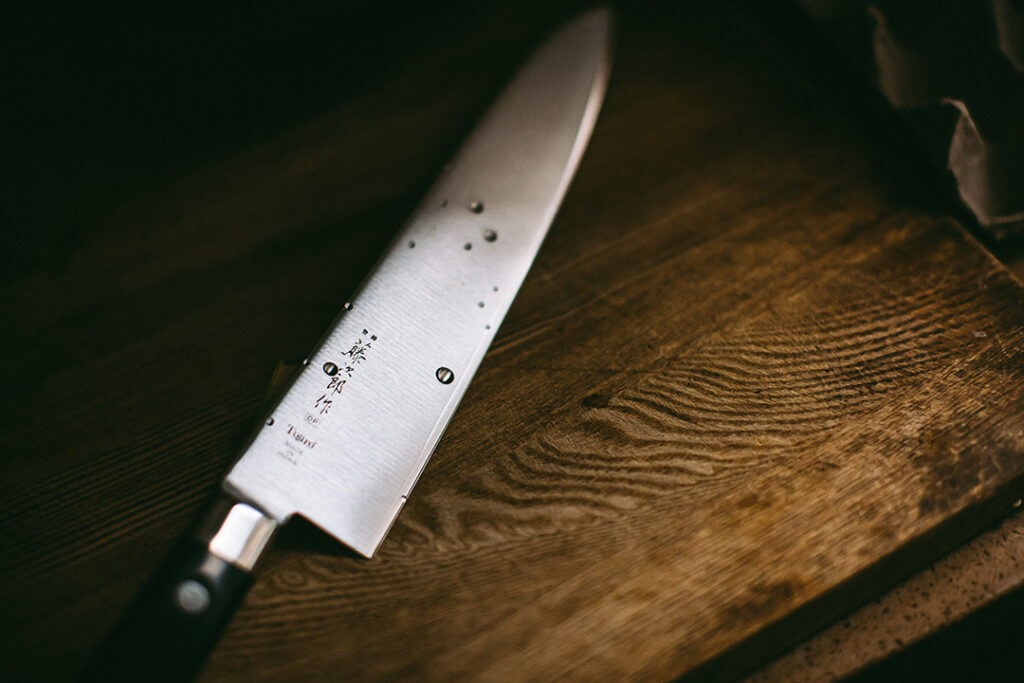The rise of halal meat in Europe
The rise of halal meat in Europe
This weekly comment was written by Muhammad Faisal Khalil and reflects his personal analyses and opinions, rather than those of EARS.
After a decline in the consumption of halal meat during the COVID-19 pandemic,[1] Europe is now seeing a rise in demand. Market analysis shows that this is because of a growing Muslim population,[2] and its interest in blending “faith and consumerism.”[3] As a result, major supermarket and restaurant chains in Europe, such as Tesco, Auchan, and KFC, sell halal meat in selected stores.[4] This is not dissimilar to what is happening across the Atlantic in the United States, where according to one estimate, halal meat is being sold at 10,000 restaurants today.[5] Despite this rise in halal meat, the legislative resistance to halal meat in Europe is also growing.
Rising restrictions on religious slaughter
According to Muslims, meat is ‘halal’ when it is acquired from the Islamic form of slaughtering animals, dhabiha. This involves killing the animal through a cut to the jugular vein, carotid artery, and windpipe so that all of its blood is drained.[6] During this process, Muslims also recite a dedication in God’s name, known as shahada.[7]
European Union (EU) law requires animals to be stunned (made unconscious) prior to slaughter so that death is as painless as possible.[8] The law, however, exempts religious slaughter, notably the Jewish method for kosher meat and the Islamic method for halal meat.[9] In recent years, European countries have increasingly taken the position that EU exemption does not prevent them from implementing more extensive protections for animals being religiously slaughtered.[10] In December 2020, the Court of Justice of the EU ruled in favour of this position, saying that religious slaughter was possible even when animals are stunned.[11] This ruling has formally opened the way for European countries, including the two countries with the largest Muslim populations in Europe, France[12] and Germany,[13] to insist on stunning before slaughter.
Reacting to rising restrictions
The EU ruling has angered Muslim and Jewish communities, who claim that the requirement of stunning before religious slaughter effectively bans the production of halal and kosher meat.[14] There are two reasons for this claim. One is that stunning is not religiously permissible, since it reduces the blood drained from the animal at the time of the slaughter.[15] The other is that stunning affects their ability to slaughter at current levels.[16] In other words, even if stunning was religiously allowed, it would be impossible to slaughter animals to meet the rising consumption of halal or kosher meat.
Despite these concerns, consumption is still being met. In the case of Muslims, most halal meat being consumed is already stunned before slaughter.[17] Moreover, rising restrictions have led to a rise in the import of halal meat from countries that do not impose these restrictions. For example, German butchers are importing halal meat from Poland.[18] In fact, Poland is now one of the leading exporters of halal meat in Europe.[19] Almost one-third of Poland’s €5 billion in meat exports consists of kosher and halal products.[20]
Explaining rising restrictions
Even if the demand and supply of halal meat grow in Europe despite rising restrictions, there is genuine unease over why these restrictions are being imposed in the first place. The restrictions, many argue, are an effort to restrict Muslim participation in public life under the guise of animal welfare.[21] John R. Bowen, Dunbar-Van Cleve Professor in Arts & Sciences at Washington University in St. Louis, for example, believes that food is becoming “a target of anti-Islam politics”[22] in Europe: “there is a growing, broadly European complaint that halal food divides citizens, violates norms of animal welfare, and stealthily intrudes Islam into Western society.”[23]
Bowen’s analysis of rising European opposition to halal meat rings true if it is seen against the political backdrop of restrictive legislation against religious slaughter. The 2017 slaughter restriction in Belgium, which led to the 2020 EU court ruling, was imposed by the right-wing New Flemish Alliance (N-VA).[24] Similarly, while France restricted religious slaughter in 2020, it also pushed for laws against what President Emmanuel Macron calls “Islamist separatism.”[25]
It can be argued that the rising consumption of and legislative resistance to halal meat in Europe is driven by the same thing: a growing Muslim population. While more Muslims mean higher demand for halal meat in Europe, it also means the rise in “diverse forms of anti-Muslim movements”[26] that use food to stop Muslim participation in European public life.
This weekly comment was written by Muhammad Faisal Khalil and reflects his personal analyses and opinions, rather than those of EARS.
Interested in similar topics? Go to our Dashboard.
[1] Europe Halal Food and Beverage Market – Growth, Trends, COVID-19 Impact, and Forecasts (2022 – 2027)
[2] Europe Halal Food and Beverage Market – Growth, Trends, COVID-19 Impact, and Forecasts (2022 – 2027)
[3] Growing Halal food industry fend off myths to become big business
[4] Europe Halal Food and Beverage Market – Growth, Trends, COVID-19 Impact, and Forecasts (2022 – 2027)
[8] Religious slaughter of animals in the EU
[9] Religious slaughter of animals in the EU
[10] EU top court upholds curb on animal slaughter, angering Jewish groups | Reuters
[11] EU top court upholds curb on animal slaughter, angering Jewish groups | Reuters
[12] Approximately 5.72 million Muslims live in France. See: Muslim populations in European countries Statistic | Statista
[13] Approximately 4.95 million Muslims live in Germany. See: Muslim populations in European countries Statistic | Statista
[14] EU top court upholds curb on animal slaughter, angering Jewish groups | Reuters
[15] Stunning Animals Prior To Slaughter – HFSAA
[16] France did not ban halal slaughter of poultry | Fact Check
[17] Humane Slaughter & Stunned Meat | RSPCA
[18] Poland among Europe’s leaders in kosher and halal meat, despite uncertainty around ritual slaughter
[19] Poland among Europe’s leaders in kosher and halal meat, despite uncertainty around ritual slaughter
[20] Poland among Europe’s leaders in kosher and halal meat, despite uncertainty around ritual slaughter
[21] Does Kosher and Halal Meat Have a Future in Europe?
[22] What Does Europe Have Against Halal? – Boston Review
[23] What Does Europe Have Against Halal? – Boston Review
[24] Belgium tests EU rules on halal and kosher slaughter – POLITICO
[25] France did not ban halal slaughter of poultry | Fact Check






